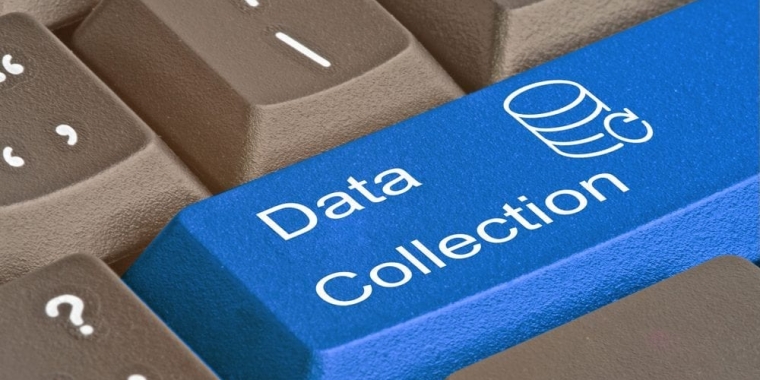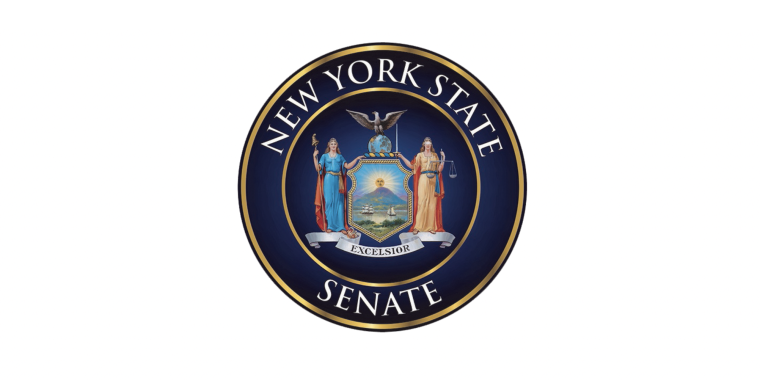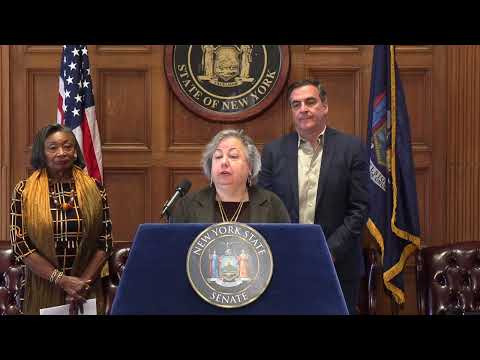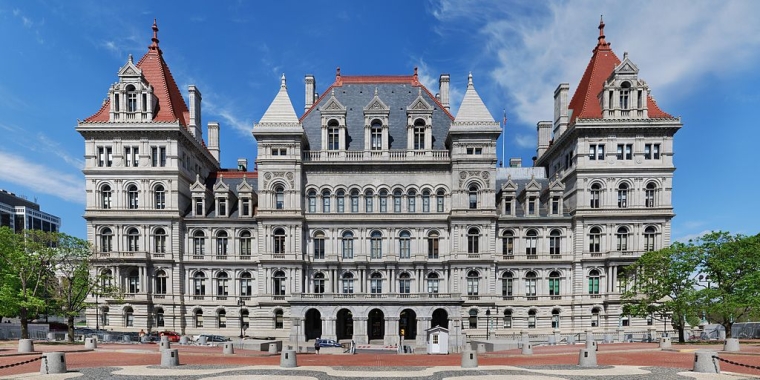
Senator Krueger Introduces Bill To Tax The Collection Of Consumer Data
February 22, 2021
-
ISSUE:
- Revenue
- Data Collection
- Budget

Albany – Today New York State Senator Liz Krueger, Chair of the Senate Finance Committee, introduced legislation (S.4959) to apply a tax on the collection of New Yorkers' consumer data by businesses that then use it for commercial purposes.
"It's been said of social media that if you're not paying for it, then you're the product, and when it comes to today's internet, that's more true than ever," said Senator Krueger. "Every time New Yorkers visit social media sites or shop online, their data is being harvested for profit, often without their having any idea it's happening. Big companies are making a fortune from New Yorkers' data - it's time for New Yorkers to get a little something in return."
In the current marketplace, data about individual consumer interests and preferences is an extraordinarily valuable commodity. Some of the largest, most successful data collectors are social media companies that amass huge amounts of data on individual New Yorkers that is analyzed using sophisticated technology to enhance the value of the advertising opportunities they offer.
This is only one of the ways in which data about New Yorkers is collected and used. Big box retailers, internet retail platforms, credit card companies, multimedia entertainment providers and most other large companies maintain databases that they analyze for a range of purposes, from selling advertising to evaluating the effectiveness of their websites. Much of this data comes from the consumers themselves, often without any awareness on the part of the individual whose data is being collected.
"This legislation proposes a smart way to address a significant gap in existing state tax systems," said Peter Enrich, Emeritus Professor at Northeastern University School of Law and a nationally recognized expert on state tax policy. "Many large businesses derive tremendous economic benefits from amassing detailed information about the individuals with whom they interact, but this extraction of value from our personal information goes untaxed. This proposal provides a relatively simple and focused way to hold businesses accountable for some of the value they extract from personal data about state residents."
S.4959 would create an excise tax on the collection of New Yorkers’ consumer data based on the number of New York individuals on whom a commercial data collector collects data within a month. The tax would apply regardless of the format in which the data is collected. It would be imposed on for-profit businesses that collect data, excluding basic contact information, on more than 1 million New York individuals in a given month.
The data collection tax would be applied on a graduated rate schedule beginning at 5 cents per individual per month for commercial data collectors collecting data on over a million New Yorkers in a month. The rate gradually increases, with the highest rate set at 50 cents per individual per month paid on the number of individual New Yorkers over 10 million on whom data is collected in a month.
"Several states are considering taxing digital advertising, which is one significant use of consumers' personal data, as another way to tax a segment of this data extraction," said Professor Enrich. "This proposal, however, addresses the issue more uniformly and simply, and, as a result, will be significantly less vulnerable to challenge under the federal Internet Tax Freedom Act or the federal constitution."
Only a small fraction of all businesses collect data on over a million New York consumers monthly, the threshold for being subject to the tax, and the tax paid per consumer is extremely modest.
"This is the most creative, thoughtful proposal to tax data I have seen so far," said Richard Pomp, former Director of the New York Tax Study Commission, law professor, and author of "State and Local Taxation, 9th Edition."
###


